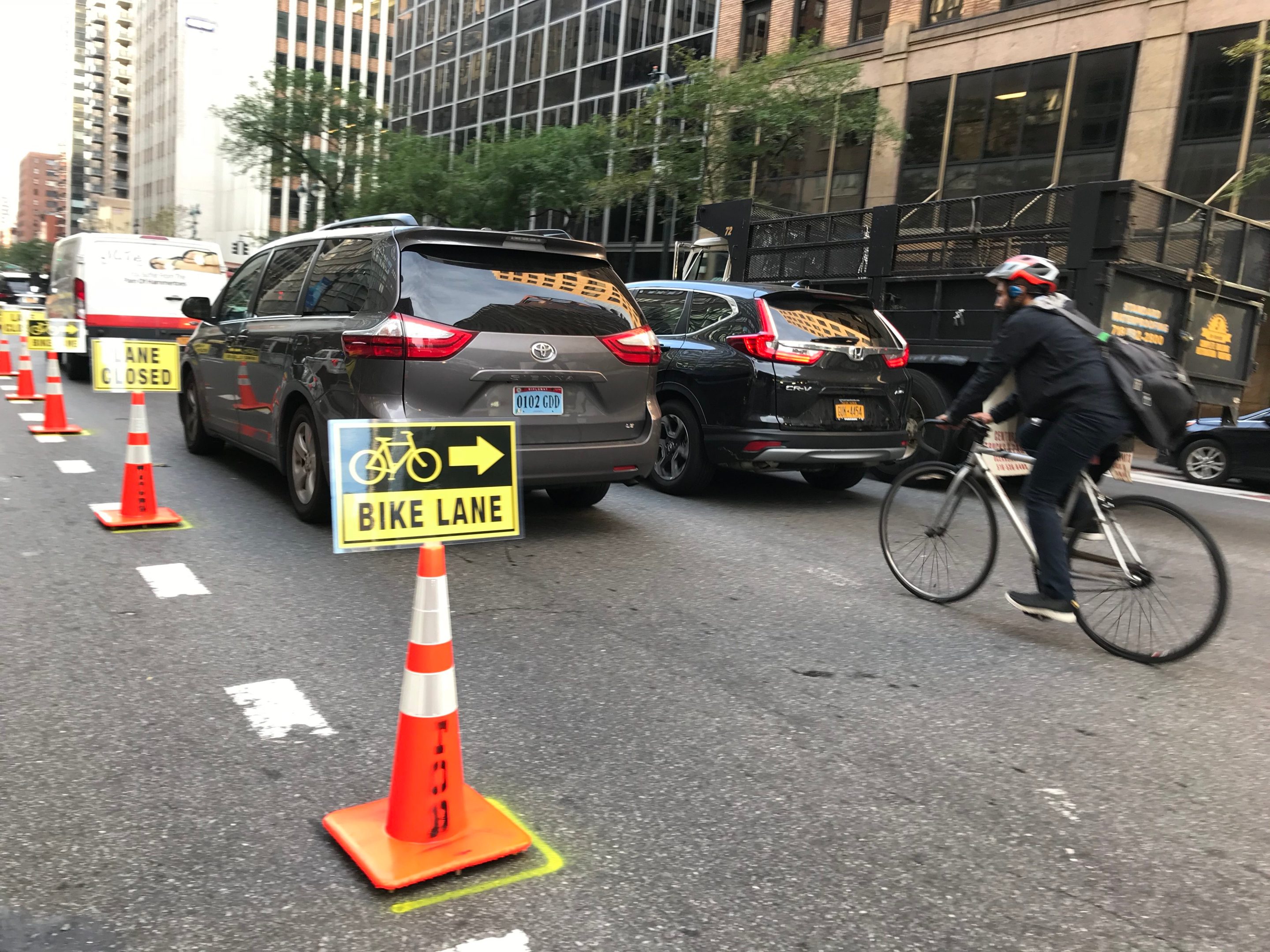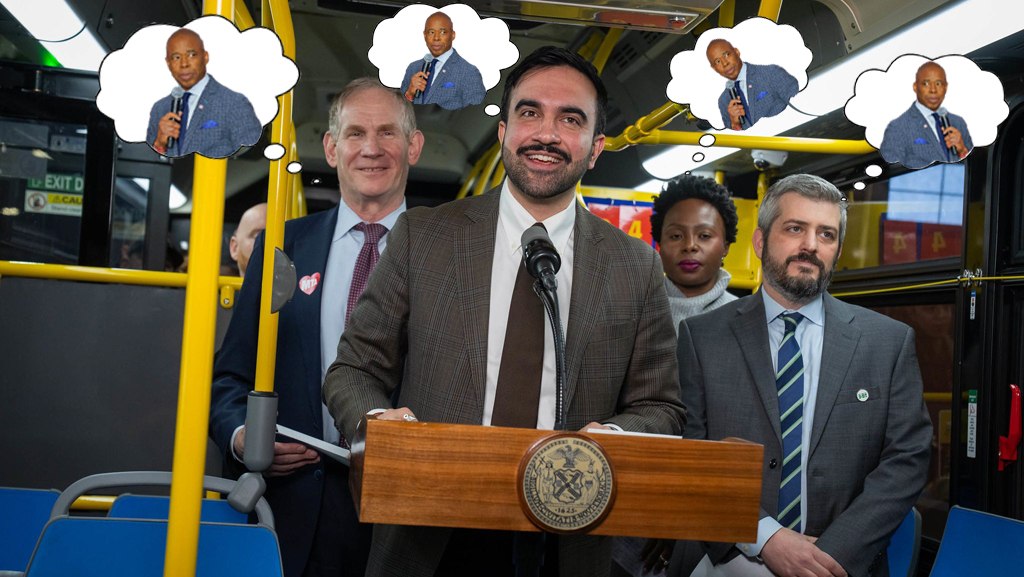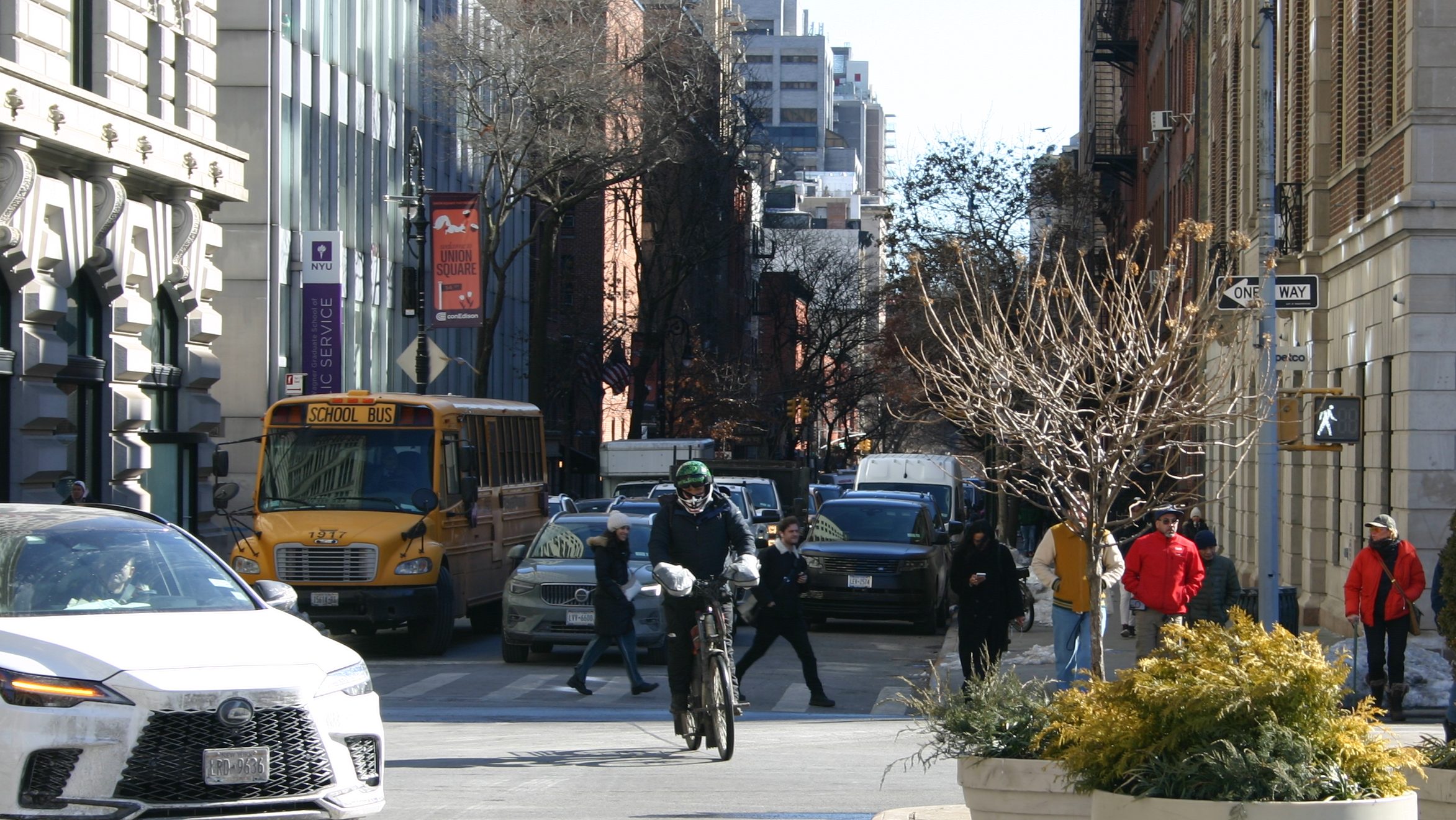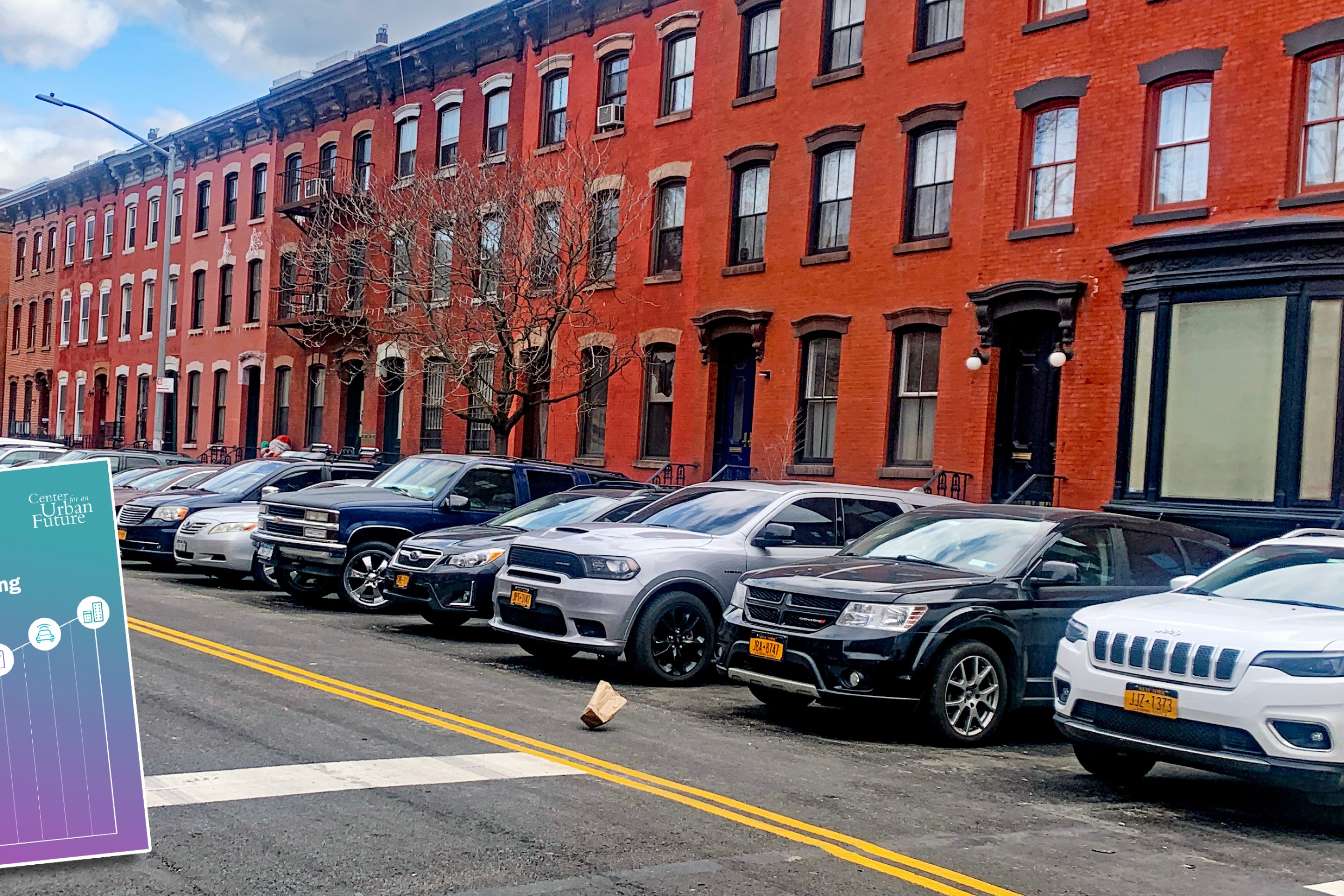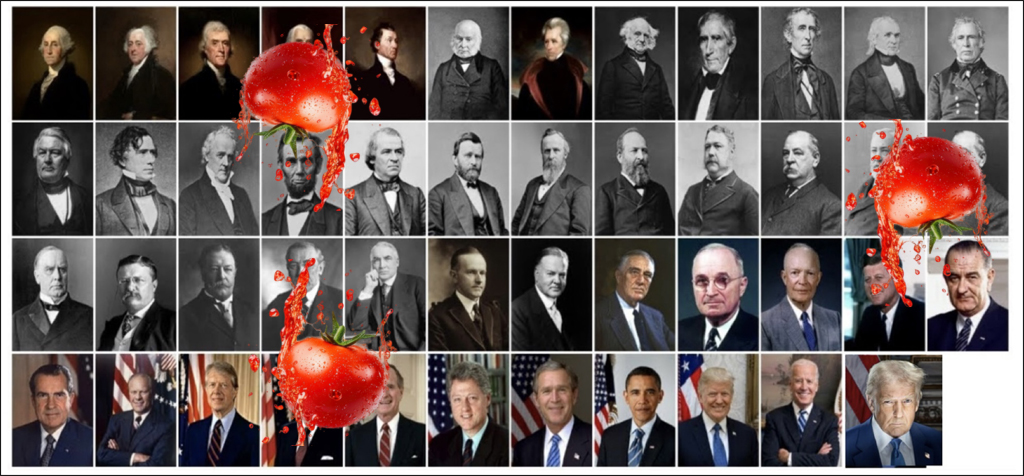The NYPD has refused to release information about its decision to close critical Manhattan bike lanes during the United Nations General Assembly last month, citing the need "to protect the deliberative process of government."
Streetsblog had filed a request with the NYPD under the Freedom of Information Law "to obtain all communication from and to the NYPD ... pertaining to road and bike lane closures for the 2018 United Nations General Assembly," which ran from Sept. 22-29.
In our Sept. 26 request, Streetsblog specifically asked for the inter- and intra-agency communication among the NYPD, the Department of Transportation, City Hall and the Mayor's Office for International Affairs so that we could determine the agencies' motivation for shutting down the First and Second Avenue bike lanes during the gridlocked week.
Our request was filed formally only after the individual agencies declined to comment for our story on the closures. And it came amid a glaring irony: DOT Commissioner Polly Trottenberg had just called on New Yorkers to bike through the traffic-choked streets during the General Assembly.
Nonetheless, our request was denied because "the information, if disclosed, would reveal non-routine techniques and procedures," the NYPD said in an Oct. 1 email.
So on Oct. 10, I appealed, reiterating that the information is essential so that the public can determine why the decision was made.
"I am not seeking any classified security information," I wrote. "I am only trying to determine how various agencies discussed the need for the closure of the bike lane. ... Names or sensitive information can obviously be redacted."
Sgt. Jordan Mazur, an NYPD records access appeals officer, responded one day later with the denial, arguing that "the records that you have described are inter-agency or intra- agency records that are exempt from disclosure under FOIL law unless they are: i.) statistical or factual tabulations or data; ii). instructions to staff that affect the public; iii.) final agency policy or determinations; or, iv.) external audits."
"The exemption is intended to protect the deliberative process of government, and to encourage the free exchange of ideas among government policymakers," Mazur continued. "You assert that you are, 'trying to determine how various agencies discussed the need for the closure.' ... The records, as described, are quintessential 'deliberative process' materials and, therefore, your appeal is denied."
That's too bad because many cyclists have complained not only of having the bike lanes closed during the UN's annual meeting, but also about having insufficient information on why bike riders cannot pass the Secretariat building even as cars speed right past it. (See tweets below.)
@KeithPowersNYC why does the city shut down the bike lanes on First & Second aves. during UNGA? Bikes are a security threat, but driving & walking aren’t?
— John W. Tomac (@johnwtomac) September 20, 2018
Why doesn’t the city provide an alternate route on the east side if it wants people to bike during “Gridlock Alert” days?
The DOT wants people to ride bicycles and use other modes of transit during the UN General Assembly. To facilitate this, the NYPD is closing the bike lanes. (I'm assuming avenues will remain open to private cars, naturally.)https://t.co/dnVjEK26NE
— Bike Snob NYC (@bikesnobnyc) September 20, 2018
https://twitter.com/sketchatlas/status/1042513902972686338?ref_src=twsrc%5Etfw%7Ctwcamp%5Etweetembed%7Ctwterm%5E1042513902972686338&ref_url=https%3A%2F%2Fnyc.streetsblog.org%2F2018%2F09%2F20%2Fnypd-security-plan-for-un-meeting-kills-first-ave-bike-lane%2F
Can the @NYCMayorsOffice find a way to efficiently and safely reroute the 1st Ave. bike lane around UN street closures without forcing people nearly a mile out of their way? Thanks! #bikenyc
— Evan O'Neil (@evanoneil) September 20, 2018
Neither City Hall nor the DOT responded to a request for comment.
